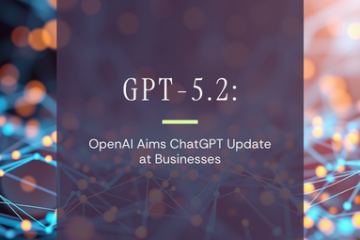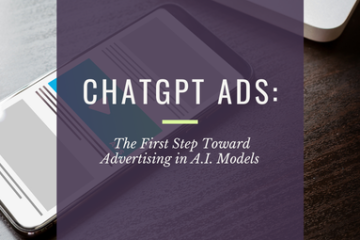
Expediting the early stages of research and development is one of the emerging uses of A.I. in the pharmaceuticals industry. Specifically, the phase of drug development is benefitting from generative A.I. that can quickly generate a multitude of complex molecular structures that a human designer would have to labor for quite a while to create.
The Five Most-Key Takeaways from This Blog Post
- Generative A.I. often gets associated with producing text or videos, but the reality is that it can do quite-complicated generations of things as complex as protein structures.
- It costs a lot of money to bring a pharmaceutical drug to the market. Truly, it can cost billions of dollars, and the low end for some companies may still be nine figures. That is why pharmaceutical companies are turning to A.I. to make that process quicker and cheaper wherever it is feasible.
- A.I. has its limits, however, as the testing phase of drug research is harder to incorporate A.I. in. Ensuring rigor and safety in testing is paramount to ensuring that a given drug is actually fit to go on the market.
- A report in The New York Times highlights how A.I. hallucination, which for so many industries is an outright problem needing mitigation, can actually help researchers identify novel drug designs.
- Overall, people can expect to see more, more-effective drugs hitting the market in the coming years because of artificial intelligence’s application in pharma.
Better Living Through Chemistry
The writer of this blog post personally attended a lecture put on by the Filson Historical Society of Louisville, Kentucky.
That lecture was about artificial intelligence and had a heavy emphasis on A.I. in medicine.
The lecturer, an accomplished journalist who had interviewed many figures in the world of artificial intelligence, shared the prediction that people born today (“today” was a December day in 2024) could expect to live to 120 years old because of advancements in medicine that A.I. will bring about.
A pretty strong claim, one that we will have to see play out, if you can live that long.
But for now, there is enough evidence to suggest that A.I. will be a definite asset to the R&D sector of the pharmaceutical industry.
Expensive Mistakes and Relatively Inexpensive Solutions
Indeed, it is an expensive mistake to blow over a billion dollars on a pharmaceutical drug that does not work effectively, or has malicious side effects that make it untenable to bring to market.
For this reason, an exhaustive R&D phase can help weed out the drugs that may be expensive mistakes.
Likewise, R&D-ers can find relatively inexpensive solutions to R&D goals by using generative A.I. to identify innovative drug designs.
The early stages of development are rife with what-ifs to test with the good old scientific method that we all know and love and definitely remember the precise details off the top of our heads and so do not have to check our old science textbooks.
Generative A.I. can prolifically produce these what-ifs that R&D scientists would otherwise have to expend sweat equity having to dream up themselves.
The Last (But Not Least) Key Takeaway
In pharma, the ultimate goal here is to bring a saleable drug to market rather than just dream up interesting ideas.
So, generating ideas that the researchers would likely come up with in time is a good idea.
Plus, getting a lot more ideas than would have been generated by humans alone is another perk.
Ultimately, the excitement surrounding A.I. in R&D has to do with A.I. coming up with out-of-the-box solutions that a human may not have thought up, but ends up being a winning idea. Time will tell how often that occurs in pharma R&D in the future.
Other Great GO AI Blog Posts
GO AI the blog offers a combination of information about, analysis of, and editorializing on A.I. technologies of interest to business owners, with especial focus on the impact this tech will have on commerce as a whole.
On a usual week, there are multiple GO AI blog posts going out. Here are some notable recent articles:
In addition to our GO AI blog, we also have a blog that offers important updates in the world of search engine optimization (SEO), with blog posts like “Google Ends Its Plan to End Third-Party Cookies”.





